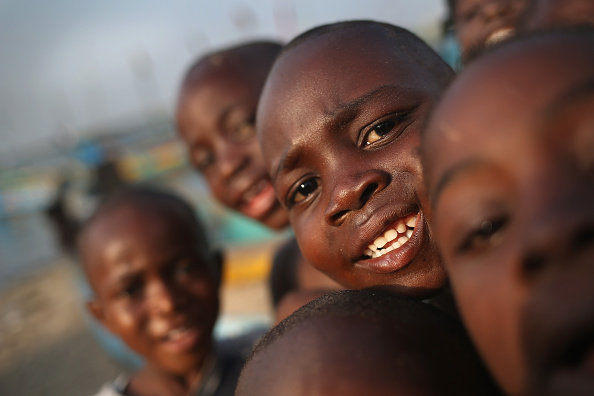
Ruth Tugbah is the woman who has been diagnosed with Ebola in Liberia, just as that country was just about to declare itself free of the virus when Ms. Tugbah was diagnosed. What is worrisome about her case is that she works as a street food vendor in a suburb of Monrovia and lived in a house with dozens of other people. She was in contact with dozens of people in the days before her symptoms appeared.
It is still uncertain how Tugbah contracted Ebola. She may have contracted it from a boyfriend who is an Ebola survivor. In the majority of cases, Ebola is transmitted through contact with blood, vomit, or feces from an infected person. Once a person survives the disease, they are not considered contagious, but the virus may still be present in a man's semen for a few weeks. Most health authorities tell survivors not to have sex for three months after they recover from Ebola.
Tugbah's boyfriend is being tested. She is being treated in Monrovia, which is the capitol of Liberia, at a field hospital built by the United States and staffed by health workers from the U.S. Public Health Service.
Health authorities in Liberia are tracking down people who came into contact with Tugbah, which includes the many people who live in her house, where they shared a single bathroom.
Tugbah's 18-year-old daughter, Beneta Kun, was taken to the hospital after she developed a headache and weakness, but a diagnosis of Ebola has not been made as yet.
Liberia is the West African country that was hardest hit by the Ebola outbreak. Of the more than 10,000 people who died in Africa of Ebola, more than 4,200 were Liberians.
The last previous case of Ebola in Liberia was discharged from the hospital on March 5. The country would have been able to declare itself Ebola free 42 days from then, which is twice the number of days between when a person is infected and when they show symptoms.
